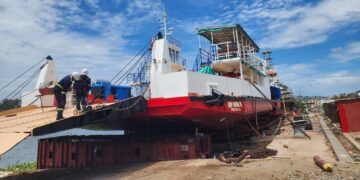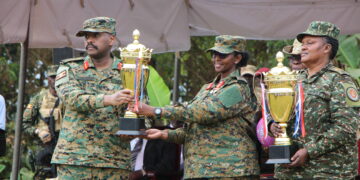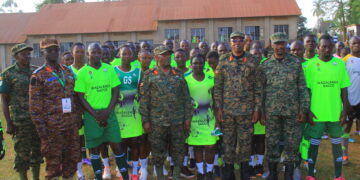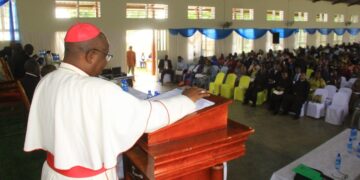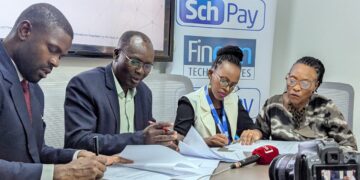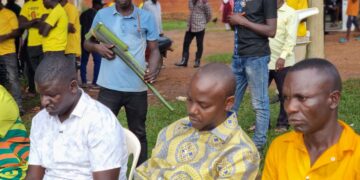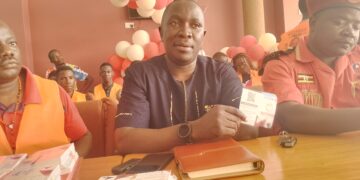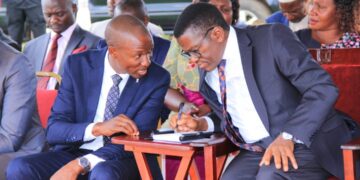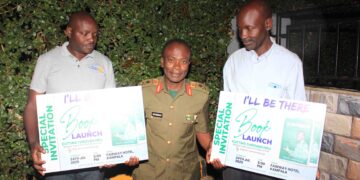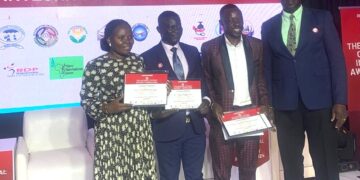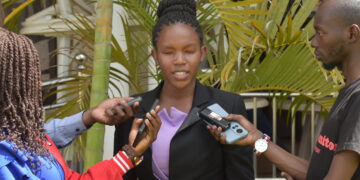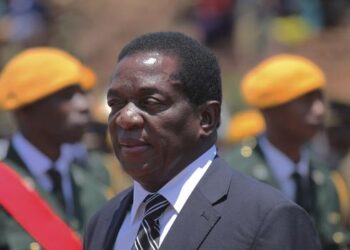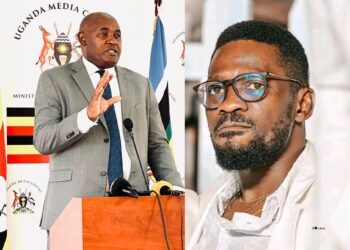Kimanya-Kabonera legislator Dr. Abed Bwanika has declared his willingness to engage President Yoweri Kaguta Museveni directly on matters of development, saying it is part of his responsibility as an elected leader to seek services from the highest authority in government.
Addressing supporters in his constituency, Dr. Bwanika emphasized that the President, as head of state, wields significant influence over the national budget and therefore plays a decisive role in determining the pace of community development.
“I must go and seek services where they are; that is part of the responsibility you trusted us with. You cannot therefore drop Bwanika for newcomers, they still need time to learn,” he told residents.
The opposition-leaning MP criticized fellow opposition politicians who, he said, shun government leaders out of political rivalry yet acknowledge their central role in national decision-making.
He compared this to lawmakers who disregard the parliamentary Speaker simply because she belongs to the ruling party, even though she controls who gets a platform to speak on the floor of Parliament.
“Those seeking election as legislators but not ready to speak to the Speaker, who belongs to the ruling party, shouldn’t be sent to Parliament as well,” Dr. Bwanika argued.
Dr. Bwanika insists that dialogue with government leaders is necessary to deliver tangible results to constituents.
His remarks come at a time when divisions between opposition parties and the ruling National Resistance Movement (NRM) remain sharp, particularly over issues of governance, accountability, and political freedoms.
Political observers say Bwanika’s latest statements could spark debate within the opposition camp, where some leaders have consistently accused him of being too accommodating to the NRM government.
However, his supporters argue that his approach is practical, prioritizing service delivery over political grandstanding.
Dr. Bwanika urged voters not to be swayed by fresh entrants seeking parliamentary seats, stressing that experience and the ability to engage decision-makers in government are key to unlocking development projects in the region.



